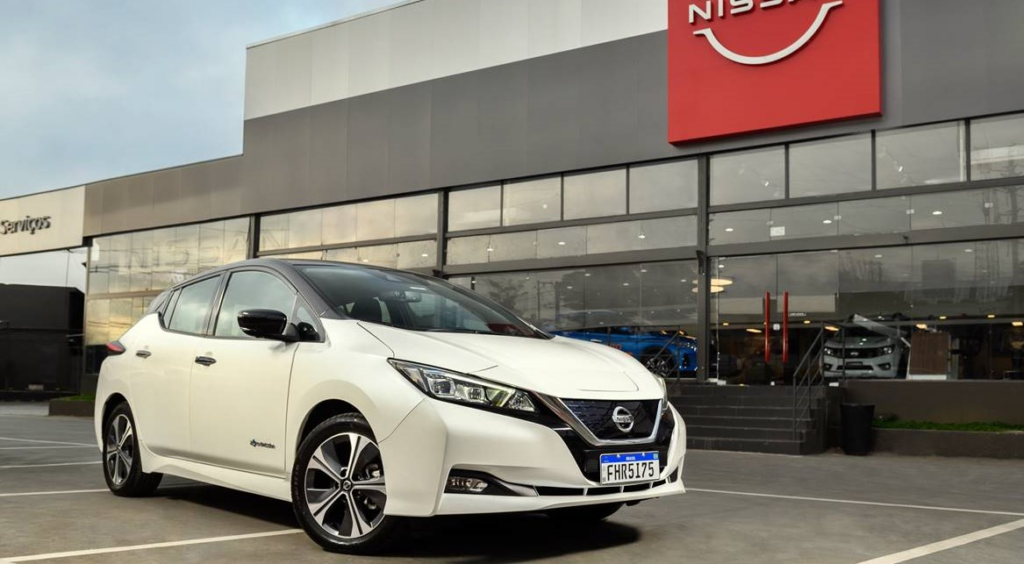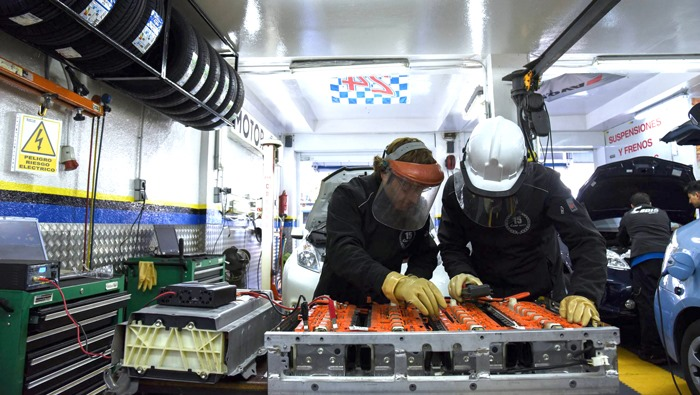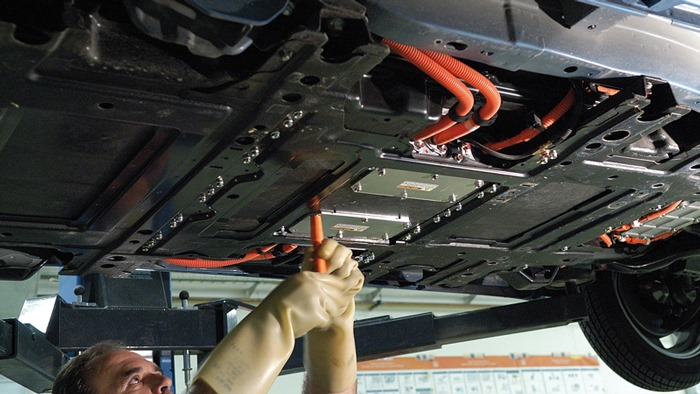According to figures from the National Automotive Association of Chile (ANAC), 1,588 fully electric cars were sold in 2023, representing a 22% increase compared to 2022. The trend is expected to continue rising, as ANAC sources indicate that in April 2024, 877 fully electric cars were sold compared to 549 units in April 2023.

Beyond the sanction of the Electromobility Law and the National Electromobility Strategy, one of Chile’s significant achievements was the creation of the Electromobility Platform led by the Ministry of Energy. This platform was born from the need to transfer knowledge and bridge information and management gaps to prepare the country for the widespread use of electric vehicles.
This platform offers, among other things, a scheme and suggestions for efficient maintenance and control of electric vehicles. For example, regarding warranties, it suggests offering a 3-year or 100,000-kilometer warranty; and for lithium-ion batteries, an 8-year or 160,000-kilometer warranty, whichever comes first.
The impact of Tesla’s arrival in Chile
Tesla’s arrival in Chile marked the brand’s first step in South America. However, this milestone presents some logistical challenges since, unlike most automakers’ business models, Tesla does not sell its cars through dealerships but directly. Therefore, it will be necessary to develop an ecosystem where sales processes, after-sales tasks, and technical service coexist organically, with the changes these vehicles bring (more complex software and hardware, needs, batteries, etc.).

Moreover, given that EV technology is constantly evolving, it is essential for technicians in electric vehicle workshops to receive continuous and specialized training in handling and repairing components to provide service in the most appropriate and safest manner.
To prepare for this challenge, having official training programs in electric mobility such as those from the Pontifical Catholic University of Chile, Federico Santa María Technical University, and Andrés Bello University, among others, is a plus.

Undoubtedly, electric mobility is not only changing the world towards sustainable transportation but also, due to the relentless pursuit of innovation, transforming and creating new job opportunities and business models with direct benefits throughout its ecosystem.

Diego Cosentino
Sustainable Mobility / e-mobility Consultant
With over 20 years of experience in the automotive sector, Diego has held middle and managerial positions in international companies and organizations alongside multicultural teams. He has been responsible for mobility area management, leading the implementation of various communication actions and business models that resulted in effective alliances with various private sector players.


